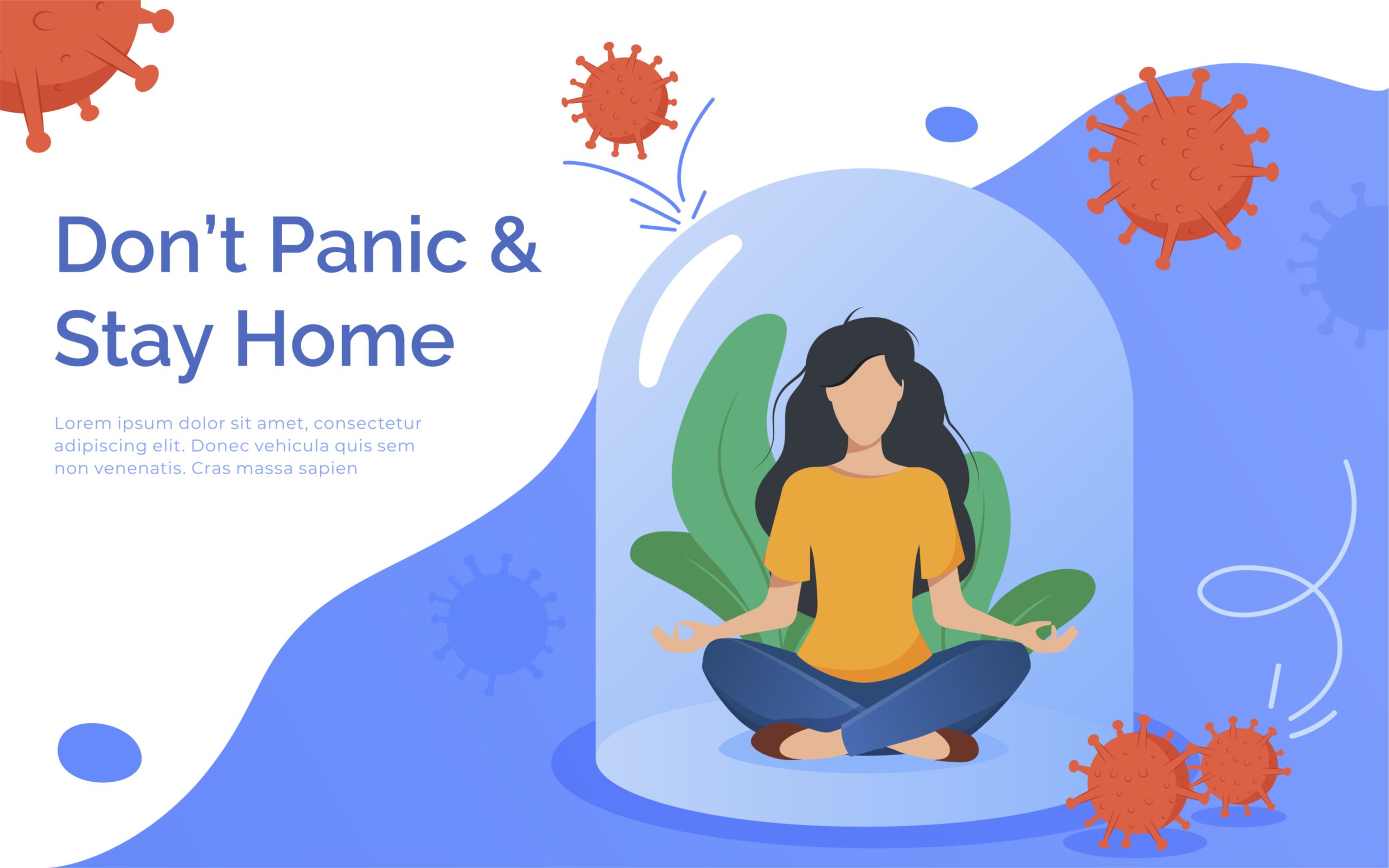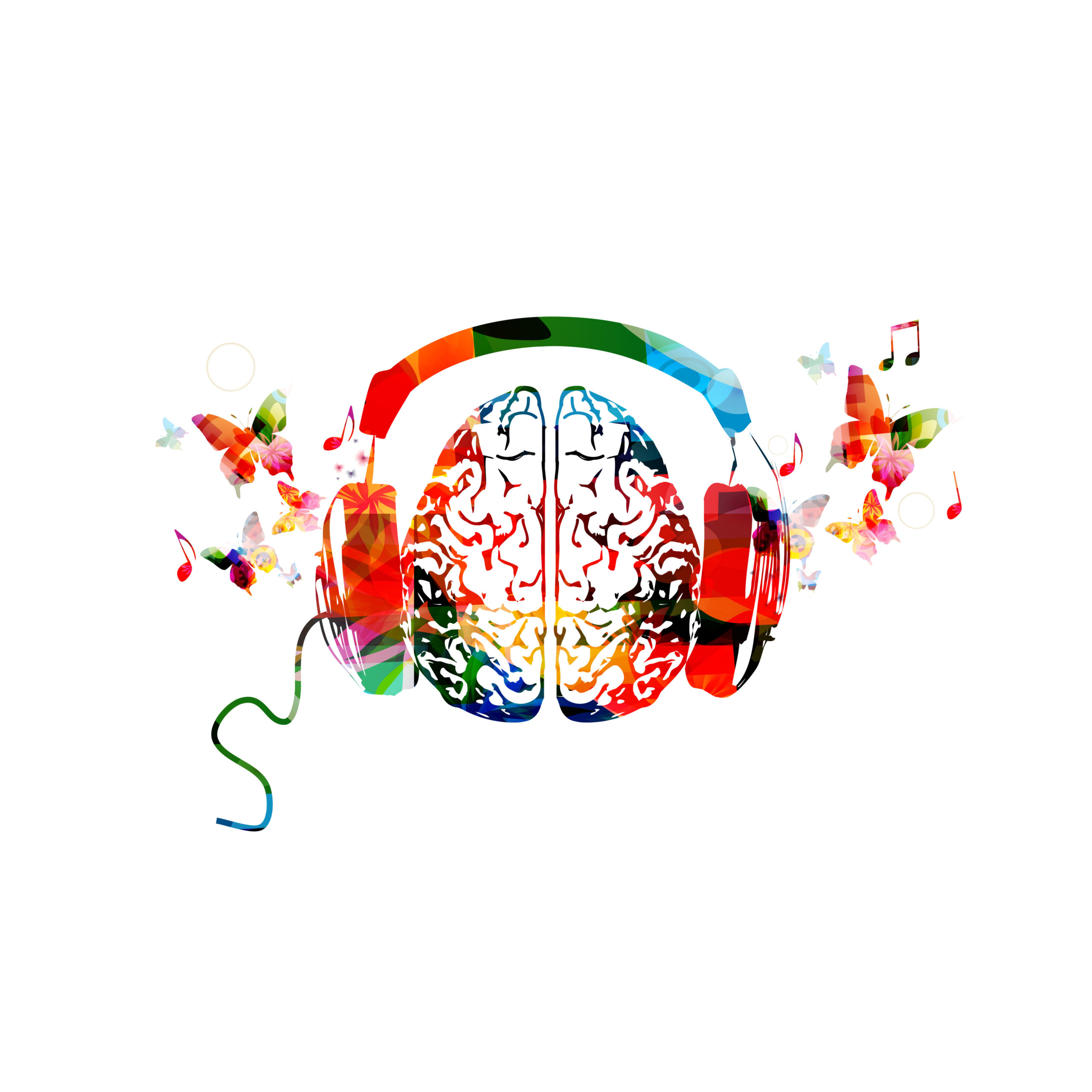Navigating Uncertain Times
At an unprecedented time like this, I’m returning to a common theme of my early blogs. In the past I used several titles to describe strategies to get through the events that disrupt our lives – among them, Managing Transitions, and Thriving through Change. I chose Navigating Uncertain Times for this blog for 2 reasons:
- The Covid19 pandemic has created high levels of significant uncertainty and many of us will be finding it hard to thrive.
- And, I want to share some practical advice to navigate through the disorientation of uncertain times.
Transitions
To understand what we are experiencing right now, it’s helpful to look to William Bridges – author of ‘Individual Transitions’. When change happens our brains don’t adjust immediately, we need time to process what’s happened – going through at least 3 stages:
- We try to adjust to what’s ended – sometimes the things that end, don’t end all at the same time. As we learn more about the virus and the impact on our country, our area, and our neighborhood, more things can get lost.
- Bridges identified the Neutral Zone as a time where something is over and the future hasn’t yet been established. This seem to describe much of what we are experiencing now.
- And finally, we (hopefully) find a new normal that will take time to adjust to this new state. A point in the future where we will go out and socialize again – albeit with some behavior changes.
We don’t always move through these phases sequentially, we can move back and forth between them. We can be at different phases for different aspects of our lives. At one time, we have some things ending (with new restrictions), we experience the uncertainty of how all this will turn out, and at the same time, we could be adjusting to new patterns of behavior – e.g. Zoom Happy Hours.
SCARF
One way of explaining why an immediate adjustment to change is really difficult comes in David Rock’s ‘You’re Brain at Work’. Our brains are wired to see threats and to respond, and unwated change is easily viewed as a threat. Rock has identified 5 factors that guide our behavior, and we will feel a sense of threat when one or more is compromised – you can read more on SCARF here, written by the smart people at Cleverism:
- STATUS – refers to our sense of our own worth. A reduction in status tends to generate a strong threat reaction. If your work is the most important thing in your life and you are now limited as to what you can do, you will be feeling this loss of status.
- CERTAINTY – Operating in familiar and certain circumstances frees more resources in the brain. With the requirement to stay at home, we are potentially operating with greater uncertainty.
- AUTONOMY – The extent to which you feel control over your own domain. The less autonomy a person experiences, the more the situation feels threatening. Constraints about where we can go has the potential to reduce our autonomy.
- RELATEDNESS – as social beings we are wired to build trust and connection with other people. If the opportunity to build trust and collaboration are diminished, we can feel exposed.
- FAIRNESS – The brain automatically reacts with an avoid-response to unfairness and lands in a defensive stance.
Depending on your personality, some of these factors will be more important than others. Think about which threats you feel right now, and maybe which threats you have felt in the past
CUSP
Here are 4 ways to navigate the uncertainty of the Neutral Zone (CUSP) – the threats that you feel should guide your selected strategy:
- CONTROL – Take actions to regain some control
- Create your own plan/structure for yourself, your family, your daily routines. Claim control of some other area of your life (get to the one thing you’ve been meaning to do).
- UNDERSTANDING – Gain the knowledge you need
- Assess the impact on you – financially, emotionally, physically. Look for the plan to get through the crisis – understand about the risks for you and your family.
- SUPPORT – Connect with others and with yourself
- Meet up with those who can help you navigate through (directly or indirectly)
- Practice mindfulness and look at establishing a sleep pattern that supports you.
- PURPOSE – Connect with the things that fill your life with meaning
- Use the PERMA model to catalogue the things that define your life – Positive emotions, Engagement, Relationships, Meaning and Accomplishments (read more here – again a more detailed piece from Cleverism)
Here’s one exercise to help:
- Identify one threat you feel in the current crisis – something from the SCARF list
- Look at the CUSP strategies and identify one thing you could do to manage that threat – be as specific as you can, so that you can put it into practice.
The times are unprecedented – I hope this has been a some help both to understand what you are experiencing right now, and to identify ways for navigating uncertain times. If you need help with this process – please reach out to me.


 302-559-8883
302-559-8883
 paulgaskell@onnupcoaching.com
paulgaskell@onnupcoaching.com








Leave a Reply
Want to join the discussion?Feel free to contribute!